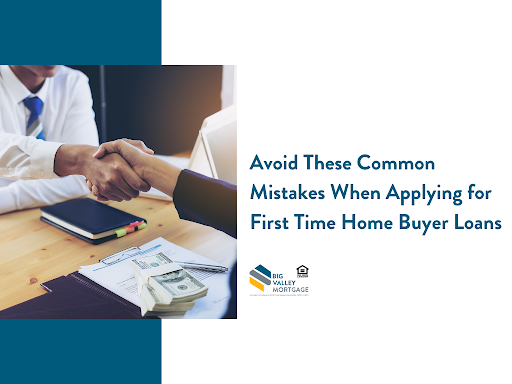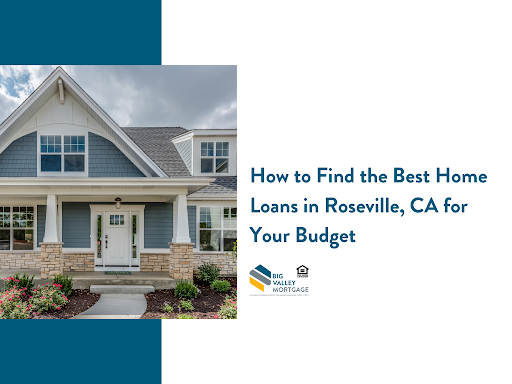Privacy Policy | ©2023 American Pacific Mortgage Corporation. All information contained herein is for informational purposes only and, while every effort has been made to ensure accuracy, no guarantee is expressed or implied. Any programs shown do not demonstrate all options or pricing structures. Rates, terms, programs and underwriting policies subject to change without notice. This is not an offer to extend credit or a commitment to lend. All loans subject to underwriting approval. Some products may not be available in all states and restrictions apply. Equal Housing Opportunity.
CA DRE #01215943 | AZ Corp BK #0906702 | NV MB 2941/164 | NMLS #1850
Licensed by the Dept. of Financial Innovation and Protection under the CRMLA
NMLS consumer access site
Regulated by the Colorado Division of Real Estate | Licensed under the Oregon Consumer Finance Act
Texas Disclosure Notice
https://www.apmortgage.com/state-license-info
Not available in New York | Licensed in AR, AZ, CA, CO, FL, ID, MT, NV, OR, TN, TX, WA














